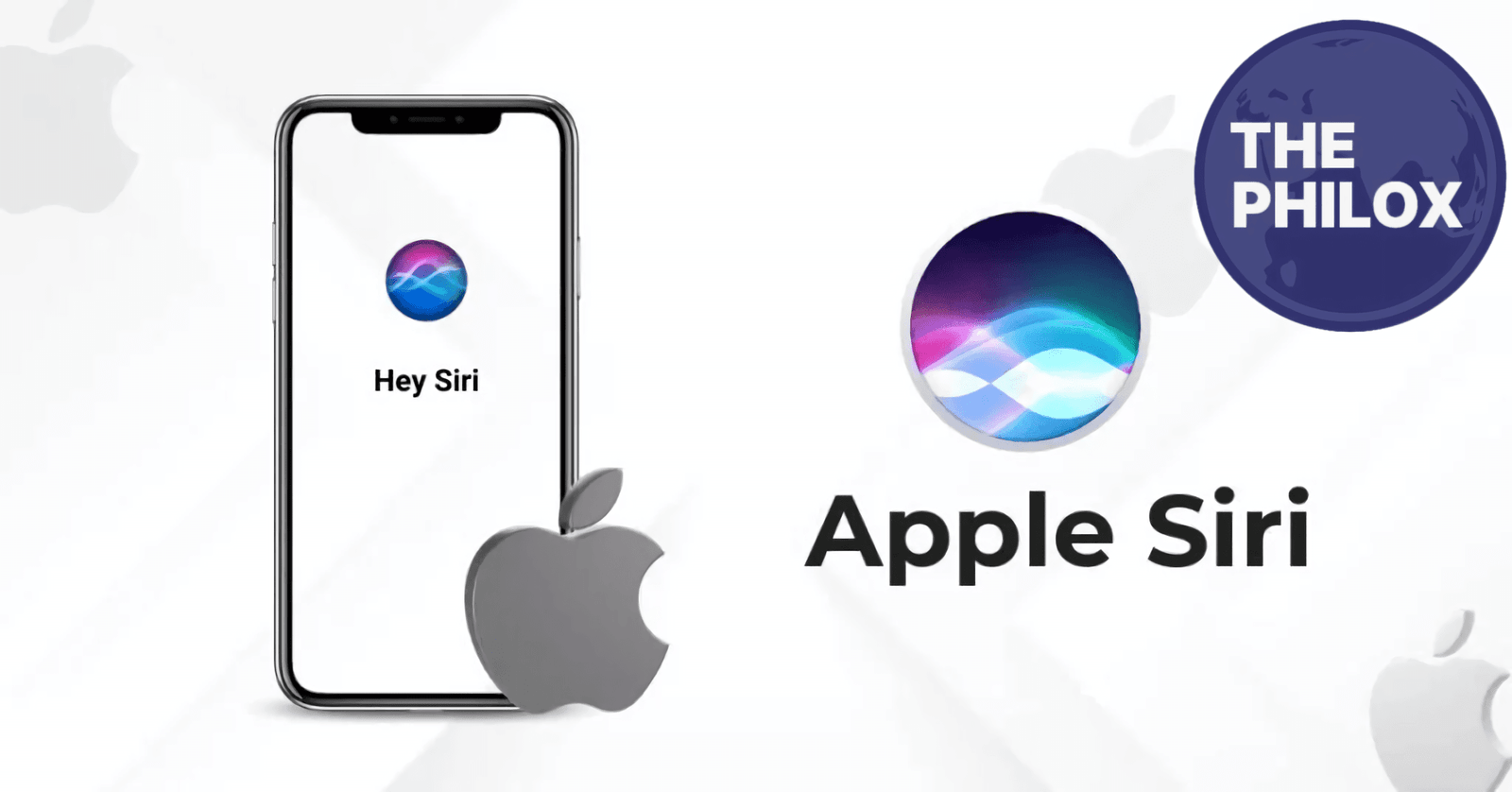Apple has been a symbol of consumer technology innovation for more than ten years, regularly releasing ground-breaking devices that redefine sectors and establish new standards.
One of the most famous instances was the launch of Siri in 2011—the first virtual assistant included inside a cellphones. Siri at the time positioned Apple as a leader in artificial intelligence (AI) within consumer devices.
But by March 2025, the once-revolutionary voice assistant is generally seen as falling behind advanced AI systems as Google Assistant, Amazon’s Alexa, and OpenAI’s ChatGPT.
Apple’s early advantage notwithstanding does not reflect Siri’s development’s pace with rivals’ explosive advances.
Apple’s strict emphasis on customer privacy, the structural complexity of Siri’s coding, and a company culture that values quality over speed have among several technical and strategic elements helped to explain this inertia.
Apple is lagging behind rivals pushing the envelope of artificial intelligence with advanced generative models; this reality is starting to influence investor confidence as well as public view.
Technical Restraints Stopping Siri Back
Apple’s relentless dedication to user privacy is among the most important things stopping Siri from expanding. Apple mostly depends on on-device processing unlike its rivals, who use cloud-based data to teach and improve their artificial intelligence systems.
This method minimizes the personal information leaving the device, therefore safeguarding user data.
Although Apple’s long-standing privacy-first approach fits this approach, it has also made it more difficult for Siri to learn from large databases—a vital component for enhancing contextual awareness and natural language understanding.
Massive data pools are used by rivals such as Google and OpenAI to improve the performance of their artificial intelligence constantly. Siri’s dependence on on-device learning, by contrast, limits its capacity to react fast and precisely to difficult questions.
Siri suffers with more complex chores that other virtual assistants manage effortlessly, including comprehending multi-step directions or providing context-aware responses, because of this limitation.
Siri’s antiquated architecture adds still another difficulty. Former Apple engineers claim that the original codebase of the assistant is challenging and time-consuming to change.
The complexity of this basic programming has hampered attempts to improve Siri over years. Not only are comprehensive overhauls time-consuming, but they also encourage mistakes, therefore slowing down the rate of invention.
Just how far Apple has fallen behind, an internal study on Siri’s natural language processing (NLP) accuracy shows in January 2025—35% behind OpenAI’s ChatGPT.
These technical problems became even more evident when a significant Siri upgrade—first planned for deployment in 2025—was postponed to 2026 owing to ongoing software faults.
Leaked internal papers confirm this delay, which highlights Apple’s larger challenges trying to update Siri while upholding its fundamental values on privacy and customer data protection.
Perfectionism Slowing Creation
Though crucial in producing excellent goods, Apple’s corporate culture is also a major influence on Siri’s slow development.
Under CEO Tim Cook, a perfectionist, the corporation is well-known for postponing initiatives that fall short of their rigorous standards.
In the fast-paced realm of artificial intelligence, this perfection culture has also resulted in lost opportunities even as it guarantees product dependability.
Late 2024 saw a perfect illustration of this when a much awaited effort to include a custom large language model (LLM) into Siri was suddenly called off.
Apple reportedly abandoned the project since the technology apparently failed to satisfy their high quality criteria despite significant internal investment.
This setback highlighted how Apple’s perfection-oriented attitude occasionally makes it difficult for it to keep up with more agile rivals ready to evolve fast and experiment.
Google and Microsoft keep making significant advances in artificial intelligence meantime. Google’s Gemini and Microsoft’s Copilot provide modern generative AI capabilities that exceed Siri in both accuracy and adaptability as of March 2025.
For instance, Apple promised for Siri but later delayed in iOS 18.5, Google’s assistant is able of sophisticated contextual app integration.
These delays merely exacerbate the technological difference between Apple and its competitors.
A $5 Billion Future Bet
Apple declared on March 10, 2025, a $5 billion investment in AI research under recognition of the seriousness of the matter.
This audacious dedication shows the company’s will to close the difference and hasten invention.
The money is supposed to be used to create fresh machine-learning models, enhance on-device artificial intelligence capacity, and maybe reopen the shelved LLM project.
Although this is a good start, it is unclear if it will be sufficient to get Siri over the ingrained technological and strategic challenges.
The delay in AI improvements has already had financial effects; Apple’s stock clearly dropped after the announcement, expressing investor doubts about the company’s capacity to recover its leadership in the AI field.
Apple’s and Siri’s Road Ahead
For Apple trying to become a major player in artificial intelligence, the next years will be vital.
Although its emphasis on privacy is still fundamental, the business will have to figure out how to strike a compromise between data security and the demand for sophisticated, flexible artificial intelligence capacity.
Apple might potentially have a competitive edge if it can effectively use fresh machine-learning methods and simplify Siri’s design.
Still, the road ahead is not particularly easy. Apple must overcome technical debt while keeping high standards for privacy and product quality as rivals keep pushing limits and releasing sophisticated artificial intelligence systems.
It remains unknown whether the $5 billion expenditure will be sufficient to enable Siri to regain leadership.
Apple’s posture in the AI scene is currently unstable. Should the firm fail to provide significant improvements to Siri shortly, it runs the danger of permanently lagging behind Google, Amazon, and OpenAI—a scenario inconceivable when Siri initially launched as a revolutionary idea in 2011.




